I'm implementing some 3D touch quick actions for my iOS 9 app in swift, and I have a curious issue. When my app is in the background and I launch with the quick action, everything goes as planned. When my app is totally dead (i.e. I killed it from the multitasking menu), and I launch with the quick action, the app crashes. I'm having trouble debugging this as once I kill the app, the debug session in Xcode gets detached. Is there a way for me to connect to the app to debug like normal, or is there something in my code that would be causing it? Thanks in advance.
Code:
func application(application: UIApplication, didFinishLaunchingWithOptions launchOptions: [NSObject: AnyObject]?) -> Bool
{
var launchedFromShortCut = false
//Check for ShortCutItem
if let shortcutItem = launchOptions?[UIApplicationLaunchOptionsShortcutItemKey] as? UIApplicationShortcutItem
{
launchedFromShortCut = true
self.handleShortCutItem(shortcutItem)
}
return !launchedFromShortCut
}
func application(application: UIApplication, performActionForShortcutItem shortcutItem: UIApplicationShortcutItem, completionHandler: (Bool) -> Void)
{
self.handleShortCutItem(shortcutItem)
}
func handleShortCutItem(shortcutItem: UIApplicationShortcutItem)
{
//Get type string from shortcutItem
if let shortcutType = ShortcutType.init(rawValue: shortcutItem.type)
{
//Get root navigation viewcontroller and its first controller
let rootNavigationViewController = window!.rootViewController as? UINavigationController
if let rootViewController = rootNavigationViewController?.viewControllers.first as! LaunchViewController?
{
//Pop to root view controller so that approperiete segue can be performed
rootNavigationViewController?.popToRootViewControllerAnimated(false)
switch shortcutType
{
case .Compose:
rootViewController.shouldCompose()
break
}
}
}
}
Thanks!


